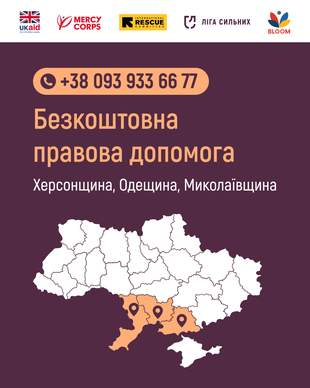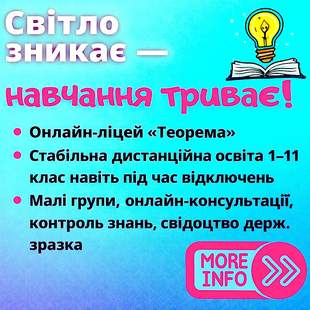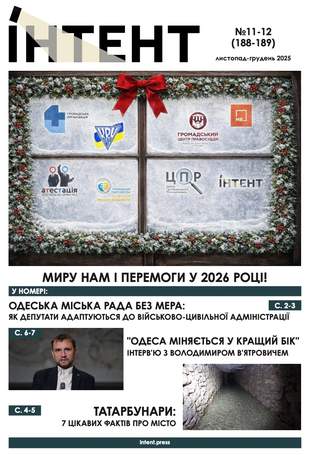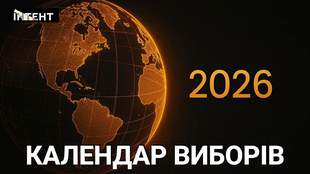Меню
Соціальні мережі
Розділи
Jan. 8, 2025, 10:46 p.m.
Diary of the Occupation: How a woman's messages became a donation book for the Armed Forces
This article also available in English213
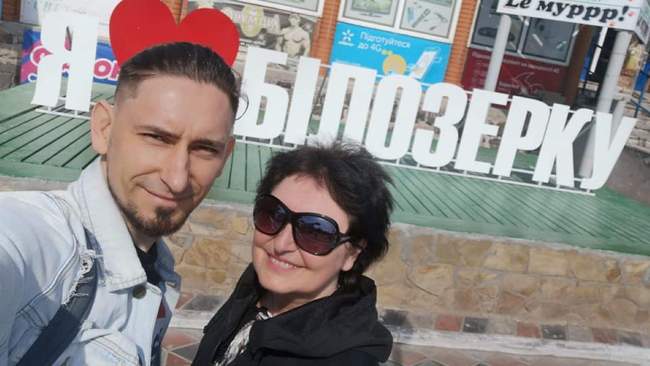
Angelina and Yevhen. Photo provided by the interviewee
"I saved it." This is the one message and one word that Angelina Vetrova, a resident of Bilozerka, Kherson region, received from her eldest son Yevhen every time. At that time, they were separated not just by thousands of kilometers, but by the front line and a terrible word: occupation. The woman notes that she wanted to convey to her son what was happening at home with the help of notes. So she described in detail what she saw, heard, and experienced. And she could not even imagine that this kind of diary would be continued in the form of a book. The current edition has 250 copies in Ukrainian and English. An online version of the publication has also been created. The family donates the proceeds from the sale to support the Armed Forces of Ukraine.
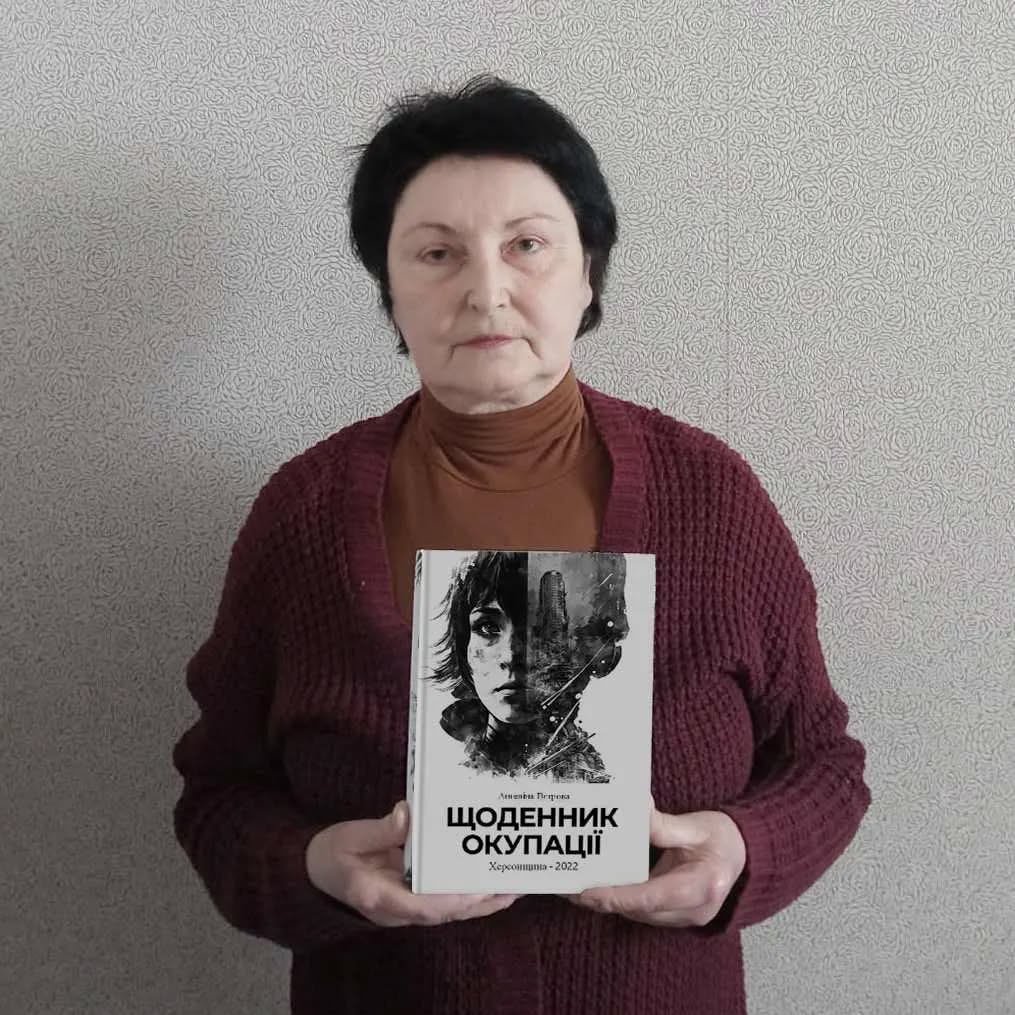
Angelina Vetrova with her book. Photo provided by the interviewee
The diary in messages to her son
Angelina Vetrova says that she became a writer quite unexpectedly. Although she had experience in creating informational notes and artistic sketches for social media. The woman worked as a librarian for many years. She resigned from this position just five days before the start of the full-scale invasion. She had many plans ahead, but everything changed on February 24, 2022.
"The day before, we heard from everywhere: "pack emergency suitcases", "prepare food, water, medicine", "have savings". However, I did not believe that this could happen and just dismissed the bad thoughts. So that morning we were completely unprepared," says Ms. Angelina says.
The family decided not to leave and stay at home. The woman explains that in the absence of green corridors, they were worried about whether her husband's 81-year-old mother would make it through all the Russian checkpoints. In addition, in early March, they took in IDPs from Oleksandrivka. This settlement in the Stanislavska community was on the front line for a long time and was almost completely destroyed.
"My husband had a small shop, which he eventually returned to work in, and I helped. At first we sold animal feed, then food. We had to live for something, or rather exist. The occupation is very scary," Angelina recalls.
The family's children had long lived separately: the eldest, Yevhen, in Poland, and the youngest, Kostiantyn, in another region of Ukraine. To help them understand what was happening at home, Angelina Vetrova started taking notes and sending them to Yevhen via text messages in various messengers. Unlike talking on the phone, the written notes made it possible to re-read them, and thus better understand what the occupiers were doing. As soon as his son replied: "I saved it," the correspondence was deleted. This was done for security reasons. The occupiers could come to the house to search it at any time of the day or stop it for inspection right on the street. No one in the occupation, not even her husband, knew about the existence of a kind of diary.
Each entry reflects the emotions of a day under occupation
"I still ask myself: what did I feel then? I'm looking for the answer in my memory. Yes, there was fear, but there was more confusion. I was in a stupor. I did not know what to do, I went from room to room, not finding a place... The occupiers quickly captured the Kherson region. But they did not come to my town right away, because it is located away from the highway. We even hoped that they would avoid us. But it did not happen as expected," these are excerpts from Angelina Vetrova's first recordings. They all refer to February 24, but were created only in March. The woman wrote in periods when she felt the strength to do so.
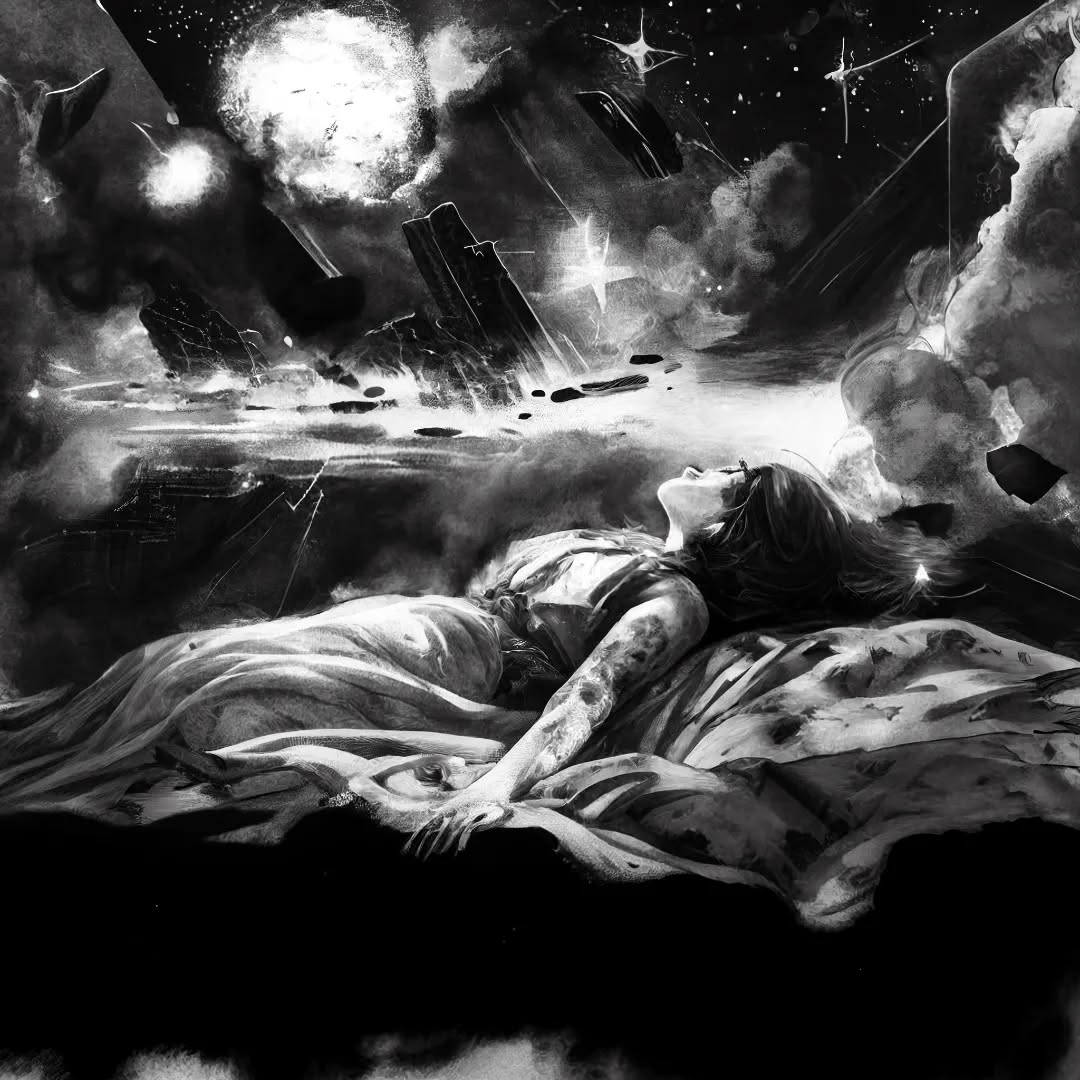
Illustration from the book to the entry about February 24, 2022. Photo provided by the interviewee
Ms. Angelina notes that her notes are not about facts, but about personal experiences. Due to the possibility of the phone falling into Russian hands (despite the deletion), she did not describe specific situations that took place in the village or people who helped others. Therefore, all the entries contain only the woman's emotions.
"I wrote what I felt, in particular, about fears and helplessness. I didn't do it every day, but all 256 days of the occupation are in my memory forever, and now it's like yesterday. When I saw them for the first time on the street, how they walked around in balaclavas with weapons, or rather, how they were sneaking around, how their vehicles drove and pointed their guns at houses... And also how they organized terror and all kinds of provocations to identify those who were waiting for the Ukrainian military," Angelina shares.
Among the most sensitive pages of the diary, the woman highlights March 14. That was when a peaceful rally against the Russian occupation was held in the village. The Vetrov family was among the participants. In order to disperse the people, the Russian military used smoke bombs and machine gun fire in the air. When this did not work, they began to grab men from the crowd and force them into their cars. On the same day, all houses were thoroughly checked. All of this was done to intimidate.
Another significant mention concerns the fighting in the Lilac Park. Ms. Angelina says this about it: "A few days before, we found out that our guys from the terrorist defense were stationed nearby. So my husband and I loaded the car with food and went there to deliver it. But we did not have time. The guys hurriedly got on the buses, and the guard gestured: "Turn around and leave. Quickly". That was the first time I had an eerie feeling, it seemed that the occupiers would appear here in a matter of seconds."
Of course, the diary also includes the day of the liberation of the right-bank part of the Kherson region, including Bilozerka. Angelina Vetrova calls it the most important page.
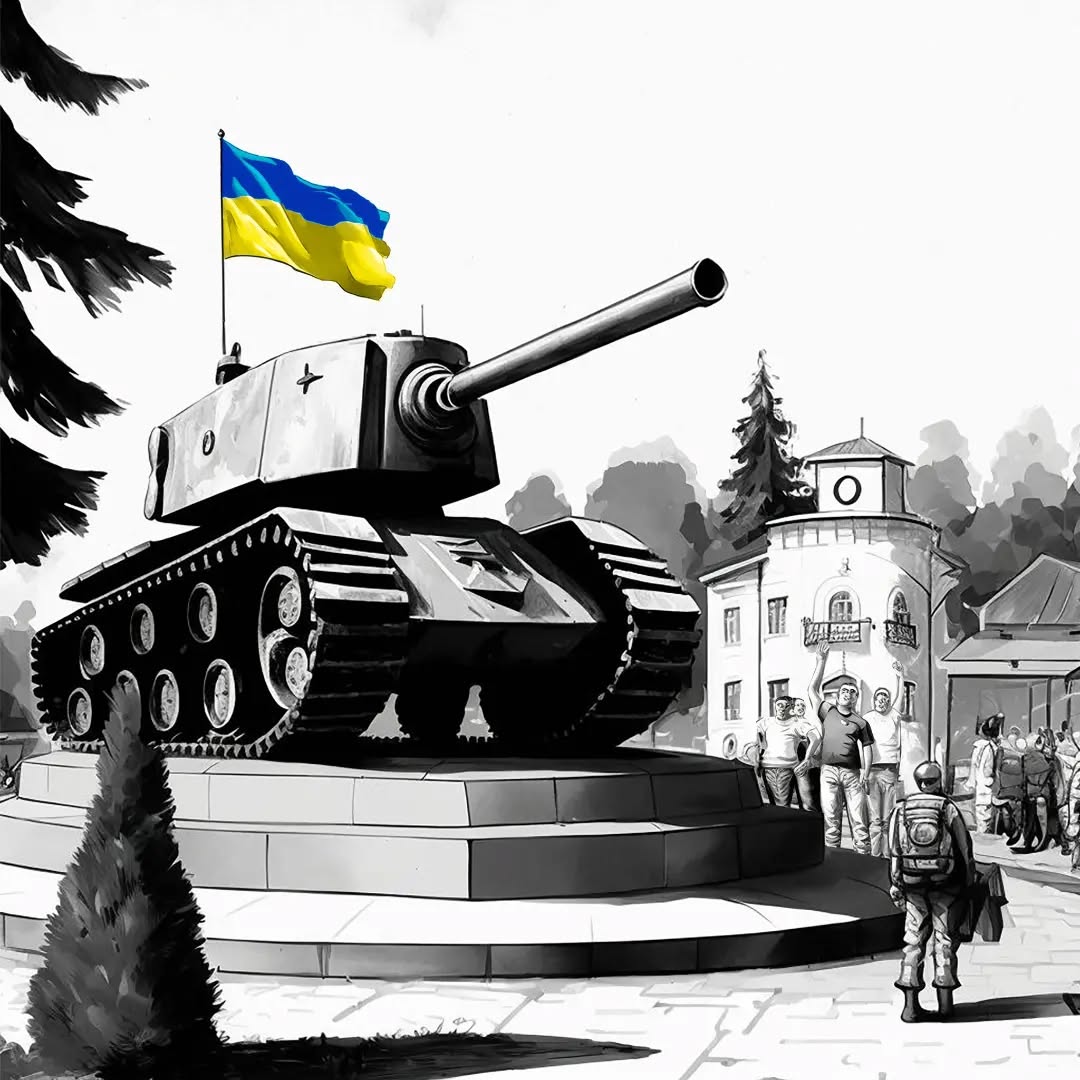
Illustration to the entry about the liberation of Bilozerka. Photo provided by the interviewee
"10.30 - women are crying, hugging, men have tears in their eyes. These are tears of joy. Our men are near the tank and have already hung a yellow and blue flag! What a great joy! It is heard everywhere: Glory to Ukraine! The streets immediately became crowded. Everyone shared the news, rejoiced, and women were baptized. Let's remember this date on November 11, 2022. We do not know what will happen next. There is joy and fear. Because they can hit the right bank from the left bank. We live on. We will see. Breathe freely!" the note reads.
The chronology of the notes does not end there, but only a week later. On November 19, 2022, the village was subjected to the first massive shelling. These were cluster shells, one of which exploded about seven meters from Vetrovykh's shop, and the fragments pierced the walls of the building in eight places. Therefore, on November 24, Angelina and her husband left for another region of Ukraine.
A donation book that went viral
Angelina Vetrova says that after they left for a safer region, their younger son Kostiantyn joined the ranks of the Ukrainian Armed Forces. So the family decided to turn the saved messages into an initiative that could help our army.
"Yevhen said that it was hard for him to understand our correspondence. It was as if he was reading some book about the war. He could not believe that this was happening in the 21st century to his parents and friends. So he decided to translate a couple of records into English and throw them into artificial intelligence to generate illustrations. When he saw the result, he started to cry. The images emphasized the full range of emotions in the text," recalls Ms. Angelina recalls.
The puzzle was completed. Initially, Diary of the Occupation. Kherson Region 2022" was first posted on Instagram. The posts received a lot of feedback, as well as questions about the expanded and full version. And the work was already underway. All family members were involved in the realization of the idea.
"In addition to the illustrations, Yevhen prepared the book's layout, developed the design and cover. Kostiantyn's wife, Khrystyna, found people who agreed to help with the English version of the diary for free. Together with Ivan Toporov, she translated it, and Olena Pushkar, who has long lived in the United States, and her husband, Denny Govin, proofread it. "It was important to me that the translation was not technical, that foreigners understood the whole meaning of what was written, felt the emotions, and were imbued with that reality. My mother-in-law Lidia Vetrova corrected the Ukrainian version. That's why I often say that this is our family project," explains Ms. Angelina.
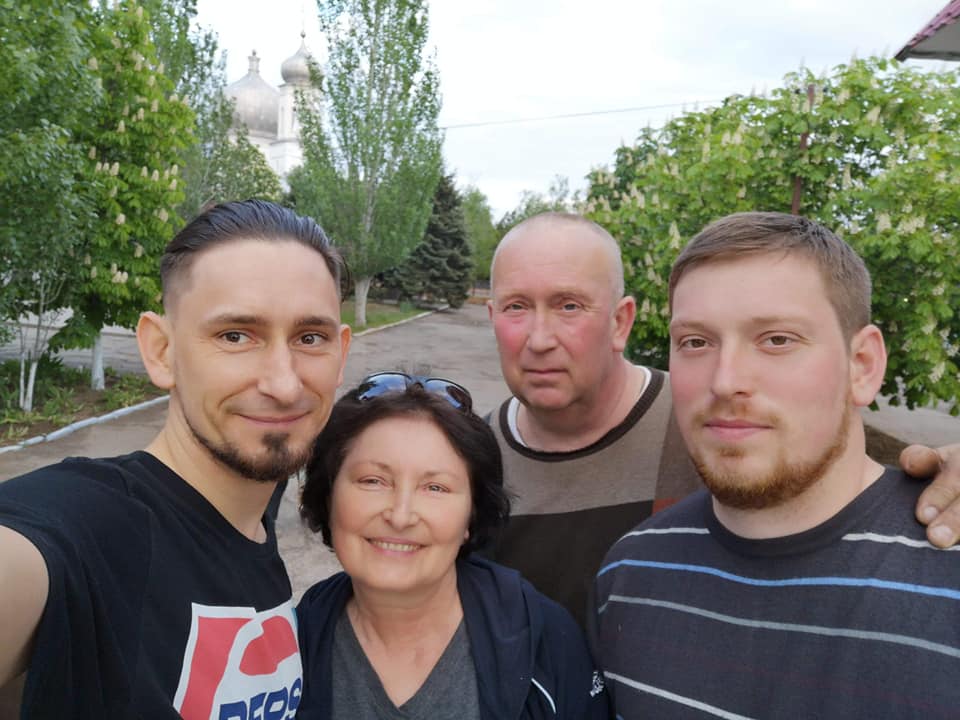
The Vetrov family: Yevhen, Angelina, Oleksandr, and Kostiantyn. Photo courtesy of the interviewee
The book contains 50 stories in total. The publication is structured in such a way that one entry takes up a spread: an image on the left and text on the right. All the illustrations are in black and white, with the exception of two color fragments - Ukrainian flags. The print run is currently 250 copies, and there is also an online version. The purchase of any version is a donation to support the Ukrainian military. Angelina partially uses the proceeds to print new copies and partially to close the military training camp.
The book has reached not only Ukrainian but also foreign audiences. It is read in the United States, Poland, Germany, Italy, Switzerland, and the Czech Republic. In addition, the story of the creation of the Diary of the Occupation attracts the attention of foreign media.
"I also constantly receive offers to present the publication. Most of the events are organized online, but the last one was held offline in Poland. Regardless of the format, I always get a lot of feedback that sticks in my heart with warmth. One of them sounds like this: "I can't read everything at once, because tears cover my eyes. But it's like a session with a psychologist. It gets easier afterwards," says Ms. Vetrova.
Angelina Vetrova adds that it was risky to keep a diary during the class. But this risk was fully justified because the world needs to know the truth. The woman does not know whether she will continue her writing career. For now, she is waiting for the Victory to return home.
Яніна Надточа
